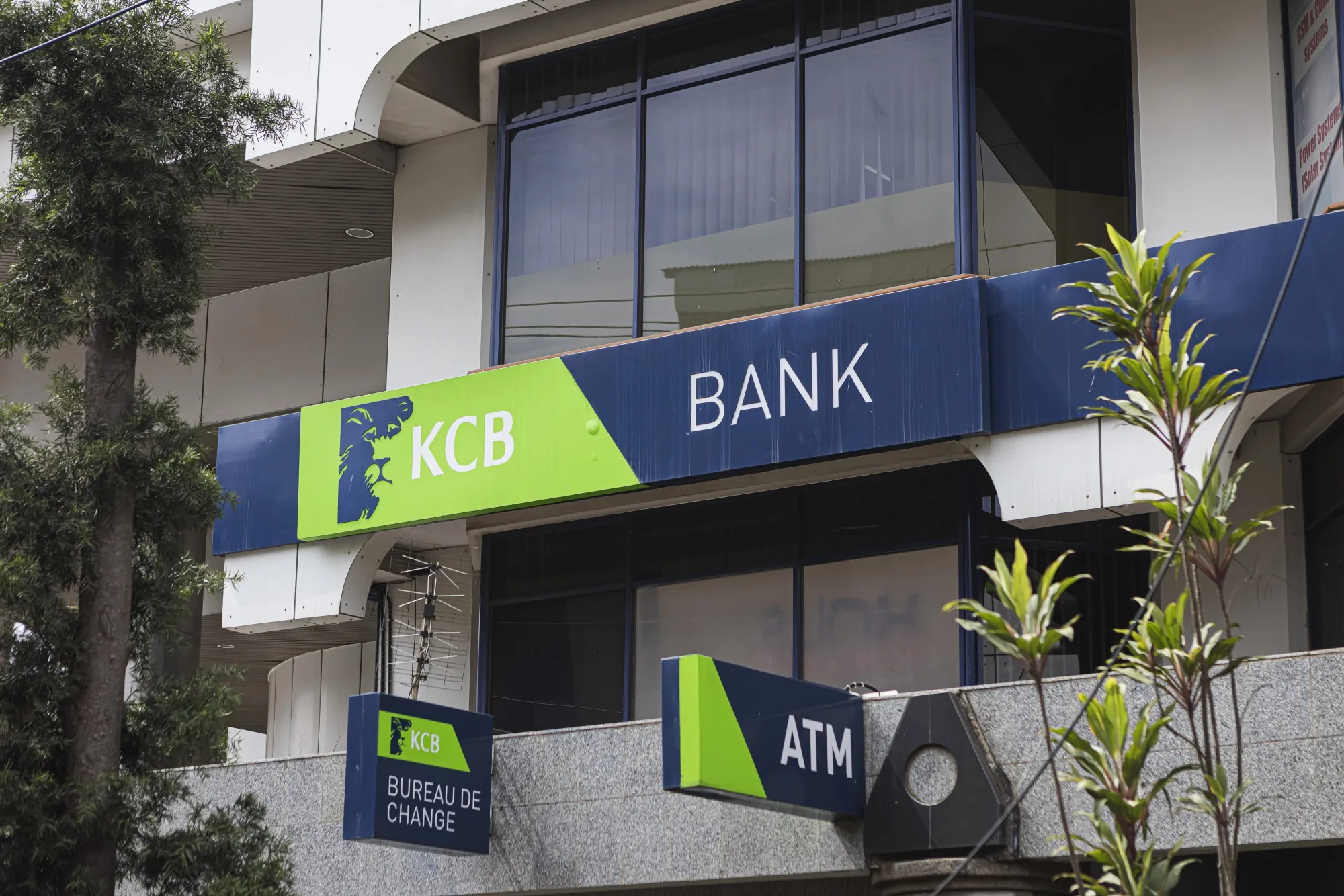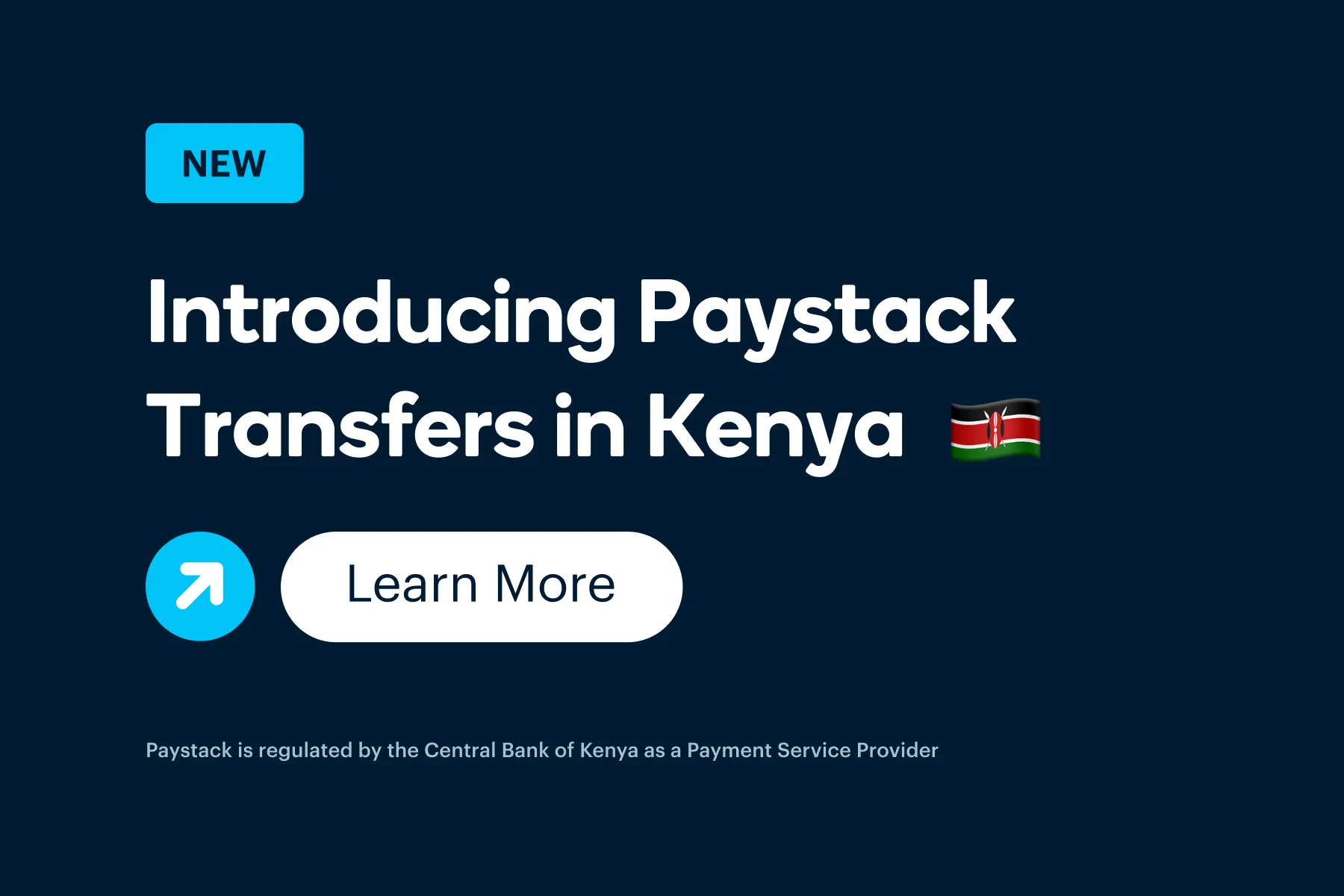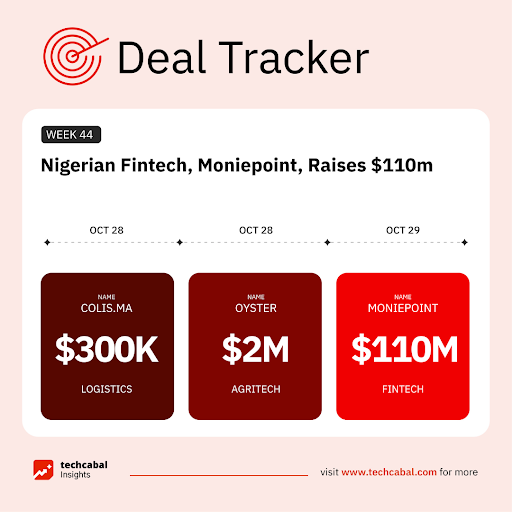

Welcome to November! 
In other news, OpenAI launched ChatGPT search, a feature that provides users with “timely answers” by searching for information online.

Banking
Compliance officers are the new gold in Nigeria

After the Central Bank of Nigeria (CBN) paused new account openings in April, Kuda Bank, Moniepoint, OPay, and Palmpay have been on a hiring spree, poaching fraud monitoring and compliance analysts from banks and rivals to beef up their compliance and fraud teams.
Moniepoint has expanded its transaction monitoring team by five and hired at least a dozen compliance employees since May. They also poached two seasoned pros from OPay and another from Flutterwave.
OPay also grew its legal team, and Palmpay welcomed six compliance staff, including a senior manager with over a decade at Union Bank. Kuda has onboarded three compliance analysts and a manager from the Nigerian Inter-Bank Settlement Scheme (NIBSS).
These hirings mark a shift from the industry’s previous stance, where compliance was often seen as a pesky hurdle to rapid growth. Before the ban, fintechs chased swift customer acquisition, sometimes at the expense of stringent Know Your Customer (KYC) protocols.
But with the CBN’s crackdown, which came with a stern warning about KYC measures, the fintechs have hired at least thirty compliance staff between them to increase how they monitor transactions and manage customers.
“The central bank wants fintechs to be more compliant, and they need more hands to make that happen,” someone familiar with the hiring patterns of the fintechs told TechCabal.
It’s not just about appeasing regulators; investors are also keen on ensuring their crown jewels are not wading into murky regulatory waters.
Will this compliance overdrive be enough to reduce fraud and appease regulators? Only time—and perhaps a few more hires—will tell. For now, compliance officers are the new must-have employees in Nigeria’s fintech industry.
Read Moniepoint’s Case Study on Funding Women

After losing their mother, Azeezat and her siblings struggled to keep Olaiya Foods afloat. Now, with Moniepoint, they’re transforming Nigeria’s local buka scene. Click here for a deep dive into how Moniepoint is helping her and other women entrepreneurs overcome their funding challenges.
Banking
CBN wants banks to seek approval before changing core banking application

If you are a bank customer in Nigeria, the last couple of months have been tough. Bank apps have struggled with service disruption and other channels inaccessible. Several banks coincidentally decided to change their core banking software around the same time.
While these technological changes are necessary, they are badly timed for millions of customers. Depending on who you ask, switching a core banking software is hard and could negatively impact customers—as we have seen since the second half of 2024.
Yet, there is a need to regulate the process to protect customers who have to grapple with downtimes and service disruptions.
Unsurprisingly, the Central Bank of Nigeria (CBN) has now stepped in.
Two people familiar with the matter told TechCabal that the CBN has directed commercial banks to get regulatory approval before changing their core banking software. The CBN has a responsibility to protect customers as the regulator, leaving many to wonder why it took so long before it intervened. Some have also questioned why the regulator didn’t fine the banks involved.
Given how the last few months have been, the directive is a much-needed succour for customers. Interesting days ahead.
Issue USD and Euro accounts with Fincra

Whether you run an online marketplace, a remittance fintech, a payroll, a freelance platform or a cross-border payment app, Fincra’s multicurrency account API allows you to instantly create accounts in USD and EUR for customers without the stress of setting up a local account. Get started today.
Banking
Kenya’s KCB completes customer data transfer to an off-site facility

Kenya’s largest bank, KCB Group, has officially completed its data migration to iColo, a local data centre. This strategic move, which took two years to finalise, aims to reduce operational costs by shifting its data, including account and transaction details, from its on-premise infrastructure to iColo’s facilities in Karen and Gigiri, Nairobi.
While KCB didn’t share specific cost savings projections, industry experts believe that colocation offers a more cost-effective solution compared to building and maintaining an independent data centre. By sharing common resources, banks can achieve economies of scale.
KCB isn’t alone in this trend. Other Kenyan banks, such as Equity Bank and NCBA, have also adopted colocation strategies to manage costs. Additionally, Kenyan banks are actively upgrading their core banking applications to enhance efficiency and customer experience. Stanbic Bank recently upgraded its Temenos platform, while KCB has updated its Temenos system for its Rwandan operations and uses Sopra for its digital banking services.
Introducing Paystack Transfers in Kenya 

Paystack merchants in Kenya can now send single and bulk transfers to any Kenyan bank or MPESA account (including customer wallets, Paybills, and Tills) Learn more →
Banking
Zenith Bank joins the trillion-naira club

Zenith Bank reported a record-breaking pre-tax profit of ₦1 trillion ($609 million) for the first nine months of 2024, marking a 98.57% increase from the ₦505 billion ($307 million) the bank reported in the same period last year.
This impressive result includes a Q3 pre-tax profit of ₦275.8 billion ($168 million). The bank’s net interest income also saw substantial growth, surging by 208.43% to ₦1.2 trillion ($730 million), while income from equity gains doubled to ₦153.1 billion ($93 million).
Additionally, total assets reached ₦30.38 trillion ($18.5 million), supported by a robust cash reserve of ₦2.8 trillion ($1.7 billion), showing Zenith Bank’s solid financial position amid rising personnel costs that grew by 70.4%.
We’ve started seeing banks spending more on personnel costs, after Nigeria’s most cost-efficient lender, GTBank, increased staff salaries by 40% in September. While it is unclear if, in Zenith’s case, this was due to salary increases or other contractual compensation, the competition for talent in the sector is largely a factor making banks spend more.
In October, Zenith completed its core banking application migration from Phoenix to Oracle’s Flexcube to enable it to meet its growing technological and customisation needs.
Zenith Bank joins GTBank as the only two tier-1 banks that have hit the trillion-naira mark for profit before tax so far in 2024. GTBank hit ₦1 trillion ($609 million) after posting its half-year results for 2024, which was the first bank to do so.
Get 60% off Google Workspace for a Year

Start on Google Workspace with a 60% discount on your monthly subscription and pay in Naira when you pay through Mercurie. Sign up to get started now.
Insights
Funding Tracker

This week, Moniepoint Inc., a Nigerian business banking provider, raised $110m in Series C funding. The investment round was led by Development Partners International’s African Development Partners (ADP) III fund, with participation from Google’s Africa Investment Fund, Verod Capital, and existing investor Lightrock. (October 29)
Here are the other deals for the week:
- Ghanaian agritech company Oyster Agribusiness Ltd. raised $2m in funding from RDF GHANA LBG, SahelCapital’s Social Enterprise Fund for Agriculture in Africa (SEFAA Fund), and Root Capital. (October 28)
- Moroccan cross-border logistics startup Colis.ma raised $300k in pre-seed funding from Witamax, a venture capital firm. (October 28)
Follow us on Twitter, Instagram, and LinkedIn for more funding announcements. Before you go, our Future of Commerce: Outlook for 2025 Report is out. Click this link to download it.
CRYPTO TRACKER
The World Wide Web3
Source:

|
Coin Name |
Current Value |
Day |
Month |
|---|---|---|---|
| $69,499.20 |
– 3.82% |
+ 13.07% |
|
| $2,509.42 |
– 5.16% |
+ 0.95% |
|
|
$0.08431 |
– 10.94% |
– 5.51% |
|
| $167.4 |
– 4.54% |
+ 13.96% |
* Data as of 06:00 AM WAT, November 1, 2024.
Jobs
- Platos Health – Product Marketing Manager – Lagos, Nigeria
- CredPal – Mid-level Backend Developer – Lagos, Nigeria
- Flutterwave – Backend Engineer, Frontend Engineer, Compliance Officer – Hybrid (Lagos, Nigeria)
- Jobberman Nigeria – Digital Marketer – Lagos, Nigeria
- KPMG Nigeria – Strategy Consultant – Abuja, Nigeria
- Renmoney – Growth Manager, Head of Legal & Compliance, Head of Contact Centre – Lagos, Nigeria
- Nosmas – Full stack Developer – Lagos, Nigeria
- Earnipay – Digital Marketing Specialist, Content Marketing Specialist – Hybrid (Lagos, Nigeria)
- Paystack – Finance and Strategy Specialist – Lagos, Nigeria
- Norebase – Finance Lead – Remote (Nigeria)
- Qore – Product Manager – Lagos, Nigeria

Written by: Muktar Oladunmade, Ganiu Oloruntade, Kenn Abuya, Emmanuel Nwosu, and Stephen Agwaibor
Edited by: Olumuyiwa Olowogboyega
Want more of TechCabal?
Sign up for our insightful newsletters on the business and economy of tech in Africa.
- The Next Wave: futuristic analysis of the business of tech in Africa.
- Entering Tech: tech career insights and opportunities in your inbox every Wednesday at 10 AM WAT.
- TC Scoops: breaking news from TechCabal
P:S If you’re often missing TC Daily in your inbox, check your Promotions folder and move any edition of TC Daily from “Promotions” to your “Main” or “Primary” folder and TC Daily will always come to you.

from TechCabal https://ift.tt/5XD1PQm
via IFTTT




Write your views on this post and share it. ConversionConversion EmoticonEmoticon